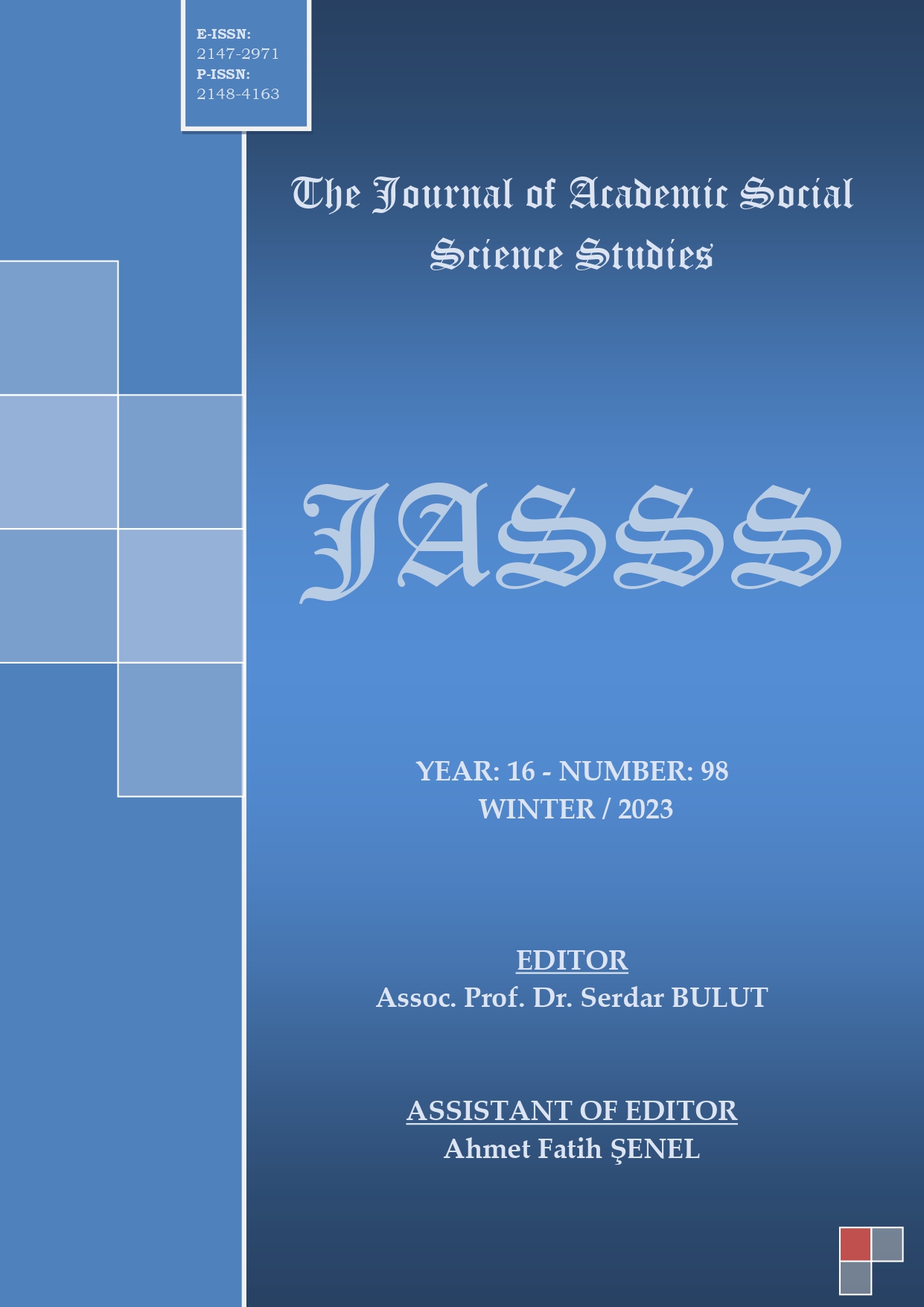Author :
Abstract
Sağlık hizmetlerinin sunumu dünya çapında son otuz yılda önemli ölçüde değişiklik göstermiştir. Özellikle hükümetler ülkelerinde sosyal ve ekonomik başarıyı yakalayabilmek için vatandaşlarının sağlık hizmetlerinin iyileştirilmesi ve bu hizmetlerin sürdürülebilir olması gerekliliğini fark etmişlerdir. Dünya Sağlık Örgütü (DSÖ) insanların kaliteli ve yeterli sağlık hizmetine erişebilmeleri için yaklaşımlar ortaya koymaktadır. Bu yaklaşımlar çerçevesinde ülkeler sağlıklı toplumlar oluşturabilmek için hastanelere daha da önem vermekte, hastaneler daha geniş ve kapsamlı bir tanımla “sağlık tesisi” olarak kabul edilmeye ve buna yönelik stratejiler geliştirmeye çalışmaktadırlar.
Hastaneler üretim sektöründe yer alan diğer tesislerden farklılıklar göstermekte, haftanın yedi günü, yirmi dört saat olup, karmaşık ve disiplinlerarası hizmet üretilip sunulmaktadır. Ülkelerin sağlık sistemlerinde farklı yaklaşımlar bulunmakta ve bu farklılıklar bir taraftan ülkelerin gelişmişlik düzeyi ile ilgiliyken diğer taraftan o ülkelerdeki insanların kültürel gelişmişliği ile de yakından ilgilidir. Bu durum sağlık sistemlerinin kapsamını ve insanların sağlık hizmetlerinden beklentilerinde farklılıklar ortaya çıkartmaktadır. Dolayısıyla her ülkenin sağlık sisteminde kendine has ve özel yaklaşımlar bulunmaktadır. Bu çalışmada sağlık kurumlarındaki tesis yönetimi anlayışı ve çerçevesi incelenmiş, sağlık tesislerinin en temel parçalarından birisinin tesis yönetimi disiplini olduğu ve sağlık tesislerinin işleyişi nedeniyle önemli olduğuna değinilmiştir. Çalışmanın ilerleyen bölümlerinde tesis yönetiminin uluslararası standartları incelenmiş, Amerika’daki sağlık tesis yönetimi standartları anlatılmış ve Amerika’da sağlık tesis yönetimi yapılanmasına değinilerek yönetim modeli ortaya konmuştur.
Keywords
Abstract
The delivery of healthcare services has changed significantly over the past twenty-five years around the world. In particular, governments have realized that in order to achieve social and economic success in their countries, the healthcare services of their citizens should be improved and these services should be sustainable. The World Health Organization (WHO) sets out approaches for people to access quality and adequate healthcare. Within the framework of these approaches, countries give more importance to hospitals in order to create healthy societies, hospitals are trying to be accepted as “healthcare facilities” with a broader and more comprehensive definition and to develop strategies for this.
Hospitals differ from other facilities in the manufacturing sector, offering complex and interdisciplinary services 24 hours a day, seven days a week. There are different approaches in the healthcare systems of the countries, and these differences are related to the development level of the countries on the one hand, and closely related to the cultural development of the people in those countries, on the other hand. This situation reveals the scope of healthcare systems and differences in people's expectations from healthcare services. Therefore, each country's healthcare system has its own and special approaches. In this study, the understanding and framework of facility management in healthcare institutions were examined, and it was mentioned that one of the most basic parts of healthcare facilities is the discipline of facility management and it is important because of the functioning of healthcare facilities. In the following parts of the study, the international standards of facility management were examined, the standards of healthcare facility management in the USA were explained and the management model was presented by referring to the structuring of healthcare facility management in the USA.





